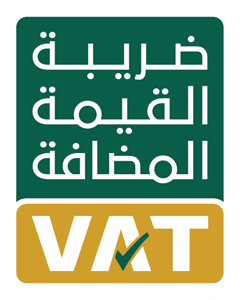Before thinking in full sentences, practice thinking in single words:
? Objects: باب (door), كتاب (book), قلم (pen)
? Actions: أكتب (I write), أمشي (I walk), أشرب (I drink)
? Feelings: سعيد (happy), تعبان (tired)
? Use them silently as you go through your day. See a book? Think: كتاب.


